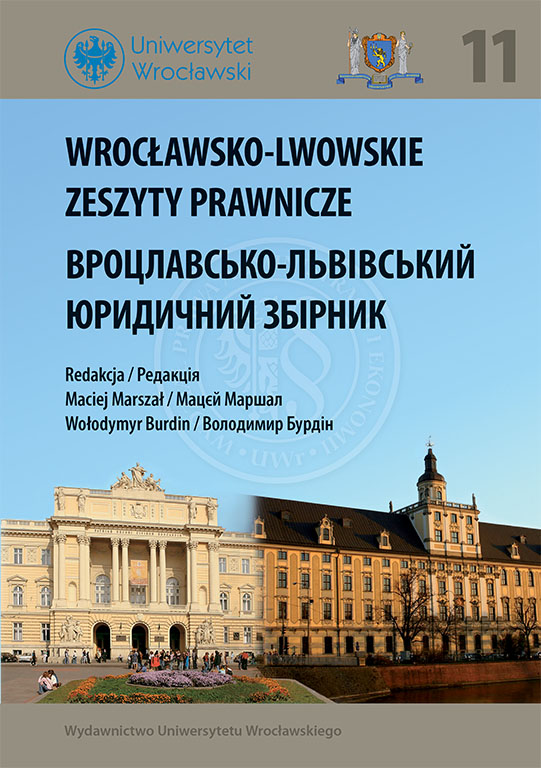

Articles

Mirsaid Sultan-Galiev is known as the creator of a specific, Islamic version of Marxism and one of the first victims of Joseph Stalin’s purges in the Russian Communist Party (Bolshevik faction). The reason for his exclusion from the Party was his attempt to formulate a separate view on Marxism, which was treated as an act of disloyalty toward the Party. Due to the anti-colonial character of his thought, he had inspired a number of socialist activists from Third World Countries, such as Gamal Abdul Nasser. Sultan-Galiev became a member of the communist party rather late in his life. Despite that, he would very quickly make his career there, reaching top positions and cooperating with, among others, Joseph Stalin. It was at this time when he began to express a negative approach to the line of the Party. He would postulate the changing focus of the Revolution and suggested spreading it to the East, not to the West. He also advocated the idea of a single, separate Soviet Republic for Tatars. Meanwhile he would begin to create his faction in the party, which eventually led to his exclusion and arrest. There are a few threads that can be found in Sultan-Galiev’s thought. One of them is an attempt to question the primary role of European Marxists as the only interpreters of that ideology. He would also attempt to complete the concept of class struggle by supplementing it with the contradictions between the colonial nations and the mother countries. In his thought the national question is as important as class war and he considers it necessary to supplement economic freedom by cultural freedom. He also believed a Tatar national awakening was a historical necessity and anticipated the rapid fall of the Soviet Union which he thought was based — similarly to Imperial Russia — on the national domination of Russians and discrimination of national minorities. In Galiev’s thought, Islam plays a role of a factor that allows him to indicate some community with which he identified himself. The pan-Turanian threads are clearly seen, such as the will to unite all of the Tatars in one state. The goal of the article is to describe the originality of Sultan-Galiev’s thought and to indicate what the relation was between the national and the class question in his views, as well as to show the role Islam and pan-Turanism played in his political thought.